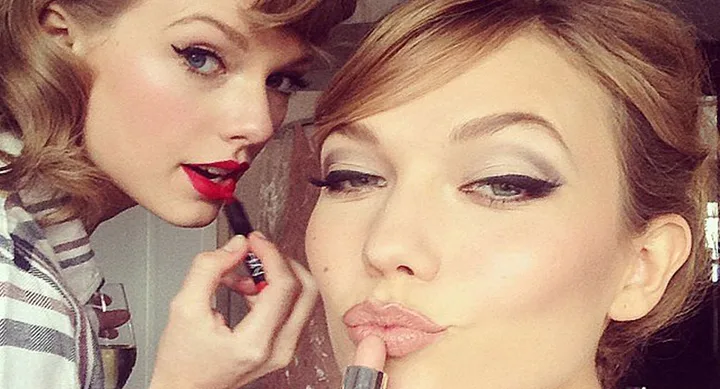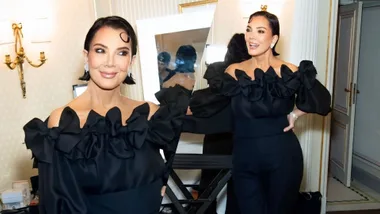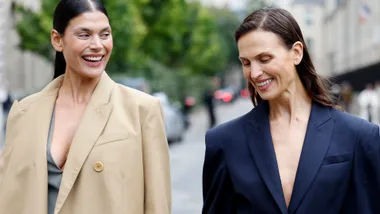There are two types of girls in the world: those of use who drag ourselves out of bed an hour early to groom our brows and curl our lashes, and those of us who take a more wash-and-go approach (read: running a comb through your hair while searching for a matching pair of shoes is winning).
A new study has declared that the primpers and preeners among us are earning extra cash.
In a paper titled “Gender and the Returns to Attractiveness” (June 2016) [], sociologists Jacyln Wong and Andrew Penner examined the link between attractiveness and income drawing on data from more than 14,000 people.
Their first finding was one we’ve heard before: attractive people earn more than their less-attractive desk buddies (20 per cent more, in fact). This figure was constant across men and women.
However throw grooming into the equation and things get interesting.
The researchers found that most of the perceived attractiveness of a woman was the result of being well-groomed – bouncy blow-out, fresh mani, you know the drill.
As such, less-attractive but better-groomed women were found to earn significantly more, on average, than attractive women who were less polished.
In other words: you could be blessed with a natural glow to rival Blake Lively’s, but turn up to the office with straggly hair and no lipstick – and your paycheque may take a tumble.
For guys, grooming had a far lower effect on perceived attractiveness.
So what does this mean for women?
It appears that even as we take significant steps towards gender equality in the workplace, women continue to be judged on their appearance – and expected to meet societal standards that have nothing to do with their career.
This scrutiny extends beyond personal maintenance: earlier this month, a British receptionist was sent home for not wearing heels [https://www.marieclaire.com.au/article/news/would-your-boss-send-you-home-for-not-wearing-heels].
Of course, if you rock your pumps like a pro and revel in perfecting your eyeliner each morning, more power to you.
But should the rest of us be missing out on moolah for foregoing foundation?
We think not.
The thing is, if we want to put an end to bleak study findings like these, the conversation needs to shift.
Let’s make an effort to discuss women’s careers and achievements without any mention of their locks, lipstick or legs – starting from now.
Have you heard that Angelina Jolie has become a professor of economics? []










